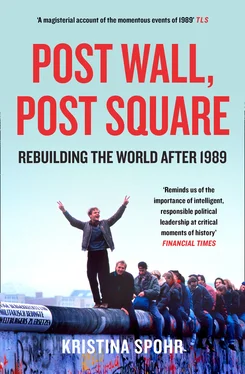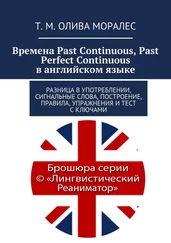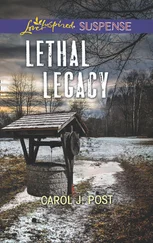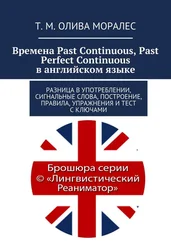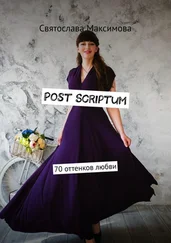Kohl and his aides felt exhilarated. During a brief pit stop in the hotel everyone had to unburden their feelings. They knew it was a ‘great day’, a ‘historical day’, an ‘experience that cannot be repeated’. After all that, the formal meetings were something of an anticlimax. The East German premier – stressed out, eyes down – went through his party piece about the need for economic aid and the reality of two German states – none of which particularly moved Kohl. When Modrow proposed that the Germanies first create a ‘community of treaties’ and then talk about what to do next ‘in about one or two years’, Kohl was incredulous. Demanding a frank and realistic talk about cooperation, he told Modrow there was no way he was coming up with DM 15 billion, nor would he allow any money, of whatever sum, to be designated by the historically loaded term ‘ Lastenausgleich ’ (‘compensation’).
By the end of the forty-five minutes a shaken Modrow realised that he had to operate on Kohl’s terms. That meant dropping his demand that the Joint Declaration they were going to sign should refer to a ‘treaty community originated by two sovereign states’. The chancellor totally rejected the language of ‘two states’ because that risked cementing the status quo and propping up the mere shell of an East German state. Instead, he focused on the German people and their exercise of the right to self-determination. By now Kohl was quite clear in his mind about what East Germans wanted: a single, unified Deutschland.[148]
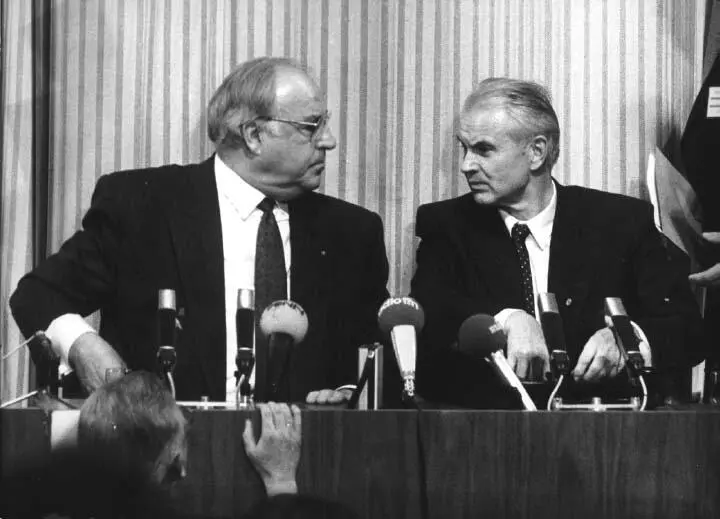
Who’s boss? Kohl with Modrow in Dresden
After a rather stiff lunch and a press conference with journalists, the chancellor walked to the ruins of the Frauenkirche – destroyed in the Allied firebombing in 1945. In his memoirs Kohl claimed he had spoken to the crowd spontaneously, but in fact a speech had been prepared very carefully with Teltschik the night before. Amid the blackened stones of the eighteenth-century church – which had become a ‘memorial against war’ and a prime site in 1989 for anti-regime protests – Kohl climbed on a temporary wooden podium in the darkening winter evening. He looked out at a crowd of some 10,000. Many were waving banners and placards proclaiming such slogans as ‘ Kohl, Kanzler der Deutschen ’ (‘Kohl, Chancellor of the Germans’), ‘ Wir sind ein Volk ’ (‘We are one people’) and ‘ Einheit jetzt ’ (‘Unity now’) . [149] But, presumably, blending into the mass of people were operatives of the Stasi and the Soviet security services – maybe even the KGB’s special agent in Dresden, Vladimir Putin.
His throat tight with emotion, the chancellor began slowly, feeling the weight of expectation. He conveyed warm regards to the people of Dresden from their fellow citizens in the Federal Republic. Exultant cheers. He gestured to show he had more to say. It got very quiet. Kohl then talked about peace, self-determination and free elections. He said a bit about his meeting with Modrow and talked of future economic cooperation and the development of confederative structures, and then moved to his climax. ‘Let me also say on this square, which is so rich in history, that my goal – should the historical hour permit it – remains the unity of our nation.’ Thunderous applause. ‘And, dear friends, I know that we can achieve this goal and that the hour will come when we will work together towards it, provided that we do it with reason and sound judgement and a sense for what is possible.’
Trying to calm the surging emotions, Kohl proceeded to speak matter-of-factly about the long and difficult path to this common future, echoing lines he had used in West Berlin the day after the fall of the Wall. ‘We, the Germans, do not live alone in Europe and in the world. One look at a map will show that everything that changes here will have an effect on all of our neighbours, those in the East and those in the West … The house of Germany, our house, must be built under a European roof. That must be the goal of our policies.’ He concluded: ‘Christmas is the festival of the family and friends. Particularly now, in these days, we are beginning to see ourselves again as a German family … From here in Dresden, I send my greetings to all our compatriots in the GDR and the Federal Republic of Germany … God bless our German fatherland!’
By the time Kohl ended, the people felt serene – mesmerised by the moment. No one made any move to leave the square. Then an elderly woman climbed onto the podium, embraced him and, starting to cry, said quietly: ‘We all thank you!’[150]
That night and next morning Kohl talked with Protestant and Catholic clergy from the GDR and leaders of the newly formed opposition parties.[151] All his meetings in Dresden simply proved to Kohl that the GDR elites were in denial about the desires of the broader public. The crowds in Dresden did not want a modernised GDR standing alone, as touted by the opposition, or an update of the old regime, led by Modrow and the renamed communists (PDS) in some kind of confederation with the FRG. Twenty-four hours amid the people of Dresden convinced the West German chancellor that his Ten-Point Plan was already becoming out of date. In what was now a race against time, those ‘new confederative structures’ he had been advocating were too ponderous and would take too long. The chancellor no longer had any inclination to support the Modrow government – clearly a flimsy, transitional operation that lacked any kind of democratic legitimacy and was merely trying to save a sinking ship from going under fast.[152]
Kohl could suddenly see a window of opportunity opening up in the midst of crisis. The cheers of the East German crowds spurred him on and served as the justification for dramatic action. As would-be driver of the unification train, he was now ready to move the acceleration lever up several notches. And he was also energised by the overwhelmingly positive reception in the media for his Dresden visit – both at home and abroad. The common theme next day was that a West German chancellor had laid the foundation for unification, and had done so on East German soil.[153]
Dresden was the beginning of a veritable sea change in public perceptions of Kohl. He had bonded with the people. He had addressed the East Germans repeatedly as ‘dear friends’. He had clearly relished being bathed in the adulation of the masses. The chants of ‘Helmut! Helmut!’ revealed the familiarity East Germans had suddenly come to feel for the West German leader. With all this shown live on TV in both Germanies, the chancellor and this mood of exuberant patriotism flooded into German living rooms from Berlin to Cologne, from Rostock to Munich.[154]
There were, of course, similar cheers for Willy Brandt at an SDP rally in the GDR city of Magdeburg on the same day. Hans-Dietrich Genscher was also greeted enthusiastically when he returned to East Germany to speak in his home town, Halle, and in Leipzig on 17 December.[155] But Kohl in Dresden outshone both of them by miles. Rarely had the chancellor – often the butt of ridicule as a clumsy provincial – experienced such an ecstatic reaction in his own West Germany. With national elections in the FRG now less than a year away and German unity looming as the dominant issue, Dresden was the best public-relations coup that the chancellor could have dreamed of.
Nor was there much international competition. On 19 December, the same day Kohl spoke in Dresden, Eduard Shevardnadze became the first Soviet foreign minister to enter the precincts of NATO[156] – another symbolic occasion in the endgame of the Cold War. On the 20th François Mitterrand became the first leader of the Western allies to pay an official state visit to the East German capital – another bridging moment across the crumbling Wall.[157] But both of these were almost noises off compared with Kohl’s big bang. What’s more, these initiatives were striking mainly by reference to the past, whereas the chancellor was looking to the future and everyone now knew it.[158]
Читать дальше
